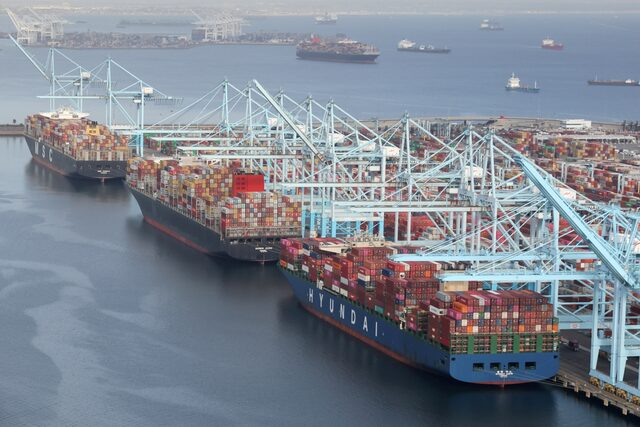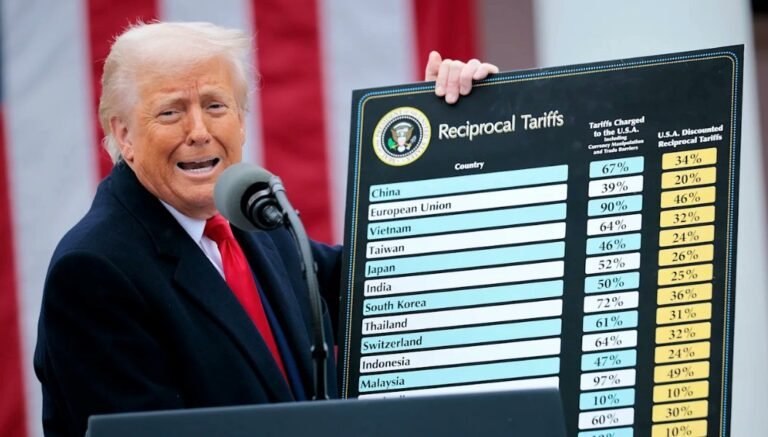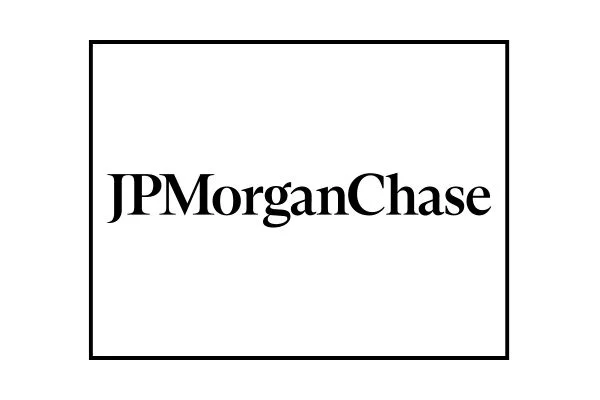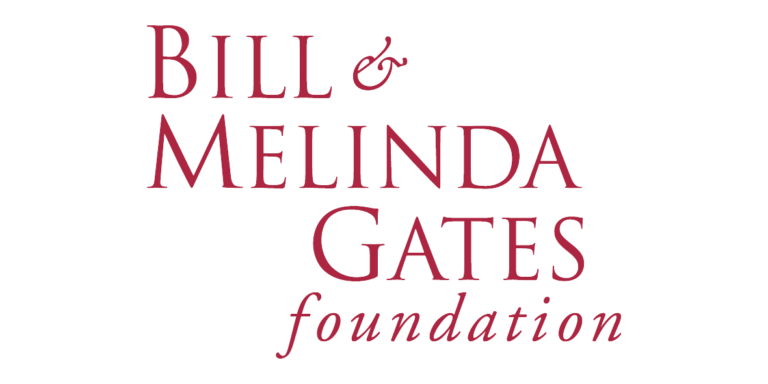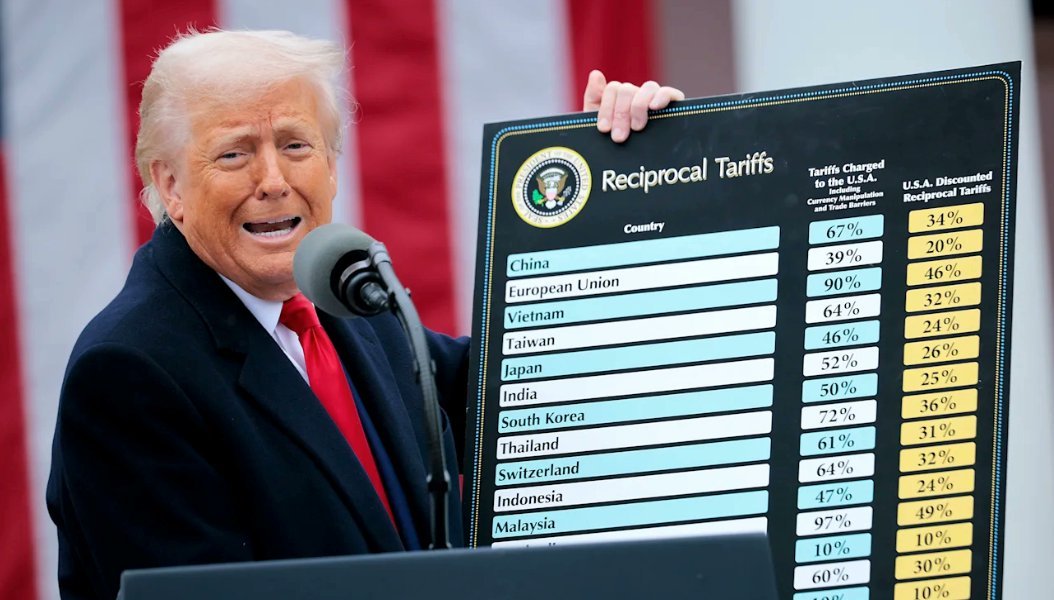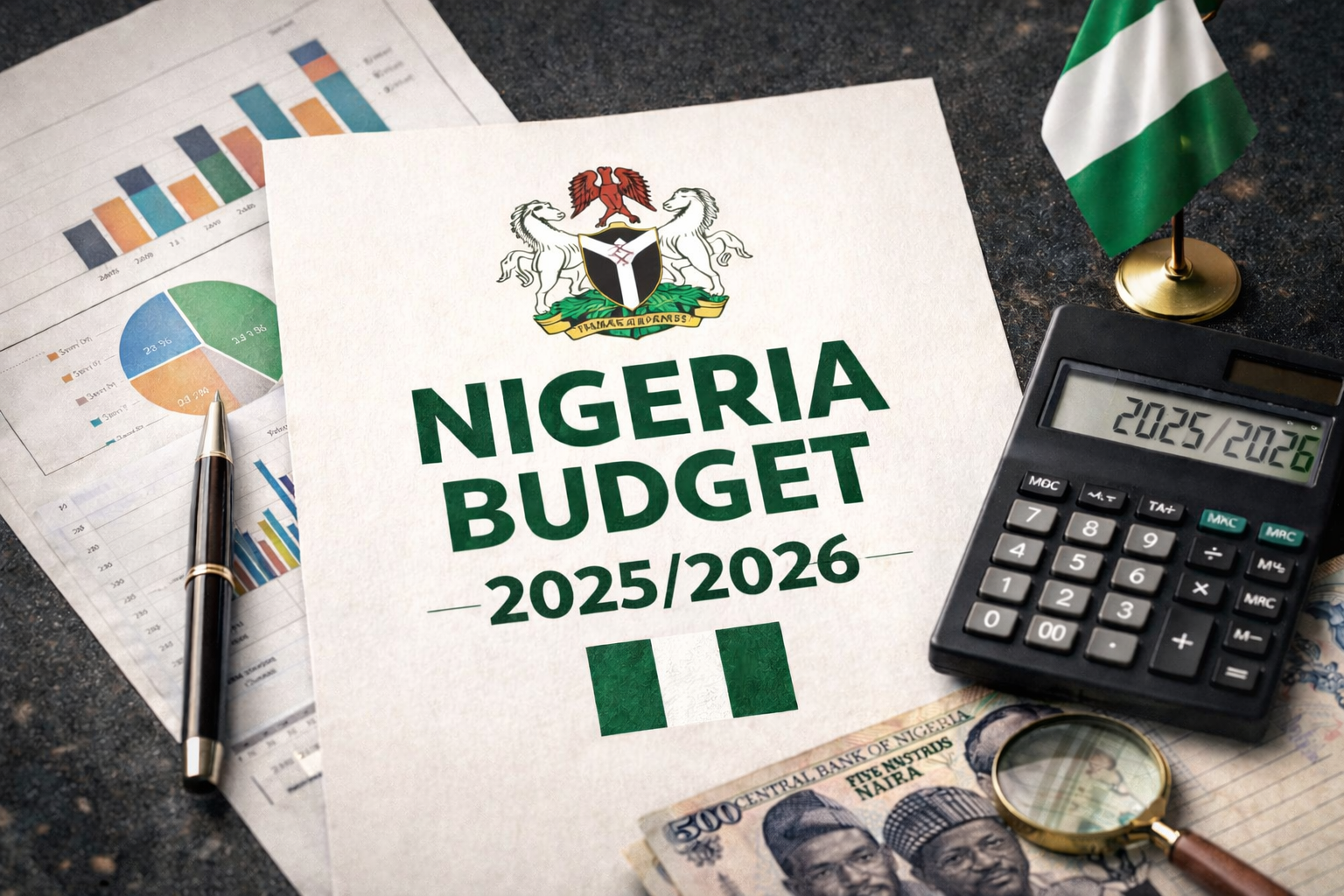A US trade court ruled that President Donald Trump’s sweeping tariffs are illegal, handing the administration a blow in its trade agenda.
The US Court of International Trade decided on Wednesday, May 28, 2025, that Trump lacked the authority to issue these tariffs under the International Emergency Economic Powers Act he used.
This decision could reverse the president’s global trade agenda, especially as his administration rushes to finalize trade deals following the suspension of several aggressive trade levies.
The ruling is a dramatic turnaround of the trade wars Trump reopened since his return to the White House.
The ruling targets the April 2, 2025, tariffs, including a 10% initial tariff and higher-than-average “reciprocal” tariffs on many nations, but spares sectoral tariffs on steel and automobile imports.
Legal action by small enterprises and a coalition of US states prompted the court to act, demonstrating broad opposition to Trump’s tariff regime.
The court, in granting its order, said that the executive orders pursuant to which the tariffs were imposed “are declared to be invalid as contrary to law,” since they “transcend any authority vested in the President to regulate importation by means of tariffs.”
The administration vowed to appeal the ruling, showing a prolonged court battle over the president’s use of economic emergency powers.
Trump justified the April 2 tariffs by citing a national emergency on the basis of unfair trade relations and foreign policies that were poised to present the US economy and national security with an “unusual and extraordinary threat.”
The tariff proposal initially launched weeks of financial market turbulence, which abated after Trump lowered some of the impositions, particularly those aimed at China.
In a major backdown, the US and China have just agreed to cut tariffs for 90 days, provisionally exempting smartphones and electronics from China.
While so, Trump delayed threatened tariffs of 50% on the European Union after meeting European Commission President Ursula von der Leyen, indicating a broader shift in trade policy.
Following the court ruling, US stock index futures surged, S&P 500 futures rising 1.7%, and the US dollar rose 0.4% against a basket of six currencies.
In Asia, Japan’s Nikkei 225 advanced 1.8%, South Korea’s Kospi climbed 1.8%, Hong Kong’s Hang Seng was 1.2% higher, and Taiwan’s Taiex was unchanged, following a rally fueled in part by strong Nvidia earnings.
The market rally is a sign of relief that the rollback of tariffs would ease world trade tensions, although uncertainty persists until the administration appeals.
Congress can impose tariffs under the US Constitution, but Trump’s attorneys claimed that the emergency powers bill granted them the right to unilateral action, a stance that the court firmly rejected.
The ruling is a watershed moment for US trade policy that could reshape global trade dynamics as the Trump administration weighs its next move.


